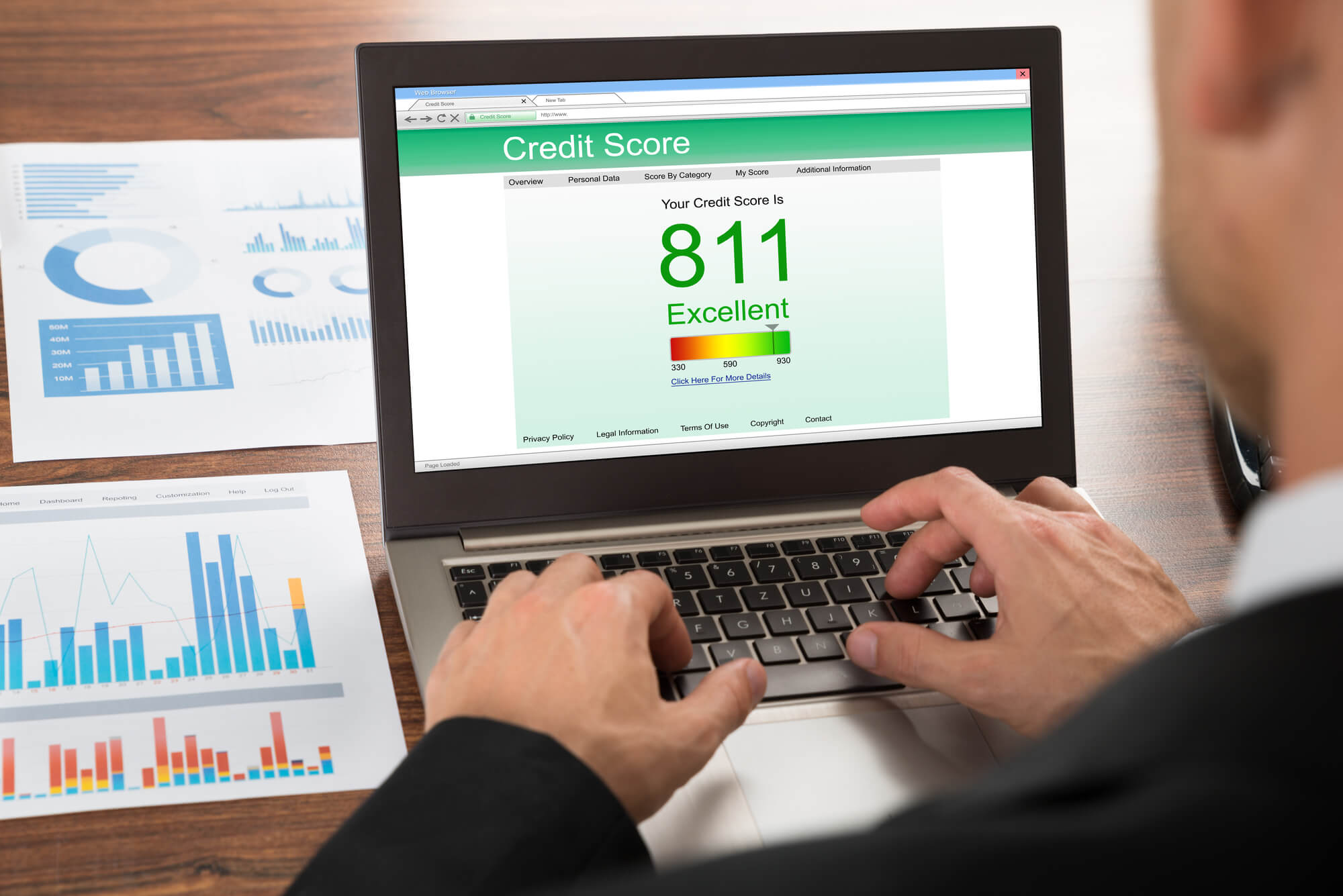Have you been carrying a balance on your credit card because you think it’ll boost your score? Or have you delayed marrying the love of your life because you’re worried their credit score will drag yours down?
The good news is you can pay off that card and marry your sweetheart because neither of those will affect your credit score. Curious about what will affect your score? Read on to find out the truth behind credit scores, and the truth about some common credit score myths.
Debunking Myths About Credits Score
Let’s check out the most common credit score myths and dig out the facts.
MYTH: Checking your credit will negatively affect your credit score
The truth is, as long as you’re using a credit service like your credit card or bank, you can check your credit score as many times as you like. It’s smart to check it regularly so you can keep on top of your situation. If a lender checks your credit score, however, this can lower your score. For example, a hard inquiry, also known as a hard pull, happens when a lender checks your score to decide if you are eligible for extended or additional credit. This type of inquiry cannot be made without your permission, but it can lower your credit score by up to five points.
MYTH: Shopping for a loan will negatively affect your credit score
When you’re shopping for an auto loan or mortgage, credit bureaus typically recognize that you are rate shopping if you are doing it within a certain period, usually 14-45 days. In this case, they will count your shopping as a single inquiry, so you’ll only incur one penalty.
MYTH: Unpaid library, parking or traffic tickets will negatively affect your credit score
There is a grain of truth in this myth. While unpaid parking or traffic tickets and unpaid library fees are not typically reported and added onto your credit report, they can be if the outstanding fines are turned over to a collection agency.
MYTH: Bouncing a check will negatively affect your credit score
Bouncing a check will not negatively affect your credit score. However, if you bounce checks regularly, and they end up with a collections agency, this can drag your credit score down.
MYTH: Late utility bills will negatively affect your credit score
Typically, late utility bill payments are not reported to credit bureaus, so you don’t get a good credit score for paying on time. Thus, you don’t lose points for paying late. However, if your unpaid utility bills are passed over to a collection agency, this will harm your credit score.
Read More: How Does Your Credit Score Affect Your Life?
MYTH: Being denied credit will negatively affect your credit score
If you are denied a credit card, this will not affect your credit score. Credit card companies run soft inquiries to check your eligibility, and these have no impact on your credit rating.
MYTH: Losing your job will negatively affect your credit score
A job loss could negatively affect your credit score if, for example, your loss of income made you fall behind with loan or mortgage payments. As long as you keep up with your financial responsibilities, becoming unemployed won’t hurt your credit score.
MYTH: Getting married will negatively affect your credit score
You need not worry about your spouse’s credit history because it will have no impact on your own, either positively or negatively. Your credit history and credit score are based on your social security number, so you will retain your own individual score even when you marry. It’s important to bear in mind, however, that if you are applying for a joint mortgage for your home, both your credit profiles will be taken into account. If one of you has a less than healthy credit score, this can affect your ability to get a mortgage.
MYTH: Closing a credit card will help your credit score
Up to 15% of your FICO score is comprised of the average length of time you have retained an open credit card. The longer you maintain your account, the better it is for your score, even if you’re not using the card. If the card is not used for an extended time, the credit company may close it, but if you use it for only one payment per month and pay it off, it can strengthen your score.
MYTH: The more you owe, the lower your credit score will be
When it comes to your credit score, not all debt is considered the same. It is possible to have good and bad debts. For example, a mortgage loan is considered a positive debt because it’s a good investment. A high credit card debt is not considered in such a positive light because it is not a wise investment. The latter can hurt your credit score. How you use your credit card (the utilization ratio) comprises 30% of your total FICO score.
MYTH: You have to carry a balance to build credit
It’s not necessary to carry a balance to increase your credit score. This myth may be rooted in the fact that many financial advisers tell consumers to use credit actively to look more desirable to lenders. Carrying a balance means that you’re only making the minimum possible payment on your credit card and you are continuing to owe the company money. Using your card regularly and paying it off regularly, even if you’re only using it for small purchases, will have a positive effect on your score.
Read More: Dispelling Common Myths About TrueConnect Loans
Things That Will Affect Your Credit
Now that you know what won’t affect your credit score, let’s take a look at what can:
- Unpaid credit card bills. These can go to collections, which negatively affects your score
- Soon-to-be ex-spouse’s credit card debt. This can affect your credit score if your spouse incurred the debt while you were married. If the debt was pre-marriage, you’re in the clear.
- Opening up multiple credit cards in a short period. This will draw a lot of inquiries to your credit report.
- The amount you owe. Carrying a large balance over a long period can drag down your credit score.
- Types of credit. To maintain a good score, most of your debt needs to be on an investment, such as a home.
- Length of credit history. The longer you have a healthy history, the more your score will grow.
There’s no need to be afraid of credit. It’s a tool, and like any other tool, it can be helpful when used properly. Your credit score is also useful because it can let you see your credit status. Check it carefully. What many people don’t know is that as many as one in five people in the U.S. have errors on their credit report. If you notice any errors, you should report them to the appropriate credit bureau straight away to avoid any penalties.
Don’t forget that your payment history is the one thing that can hurt your credit card more than any other. Even just one late payment on your credit card bill can drop your credit score by up to 50 points.
Read More: The Trap of No Credit: Is It Worse Than Bad Credit?
If you need a loan and don’t want to go through the traditional credit check process, TrueConnect may be able to help. TrueConnect offers an innovative loan solution that uses factors such as income and length of time with your current employer to determine eligibility — instead of a credit score.
Eligible employers can offer TrueConnect loans to their employees at no cost to them. From here, employees can borrow from an FDIC-insured federal bank and make payments through a convenient payroll deduction. All of the payments are reported to the credit agencies and may help you establish a credit history or repair a damaged credit history.
Along with the benefits that come with the loan, all TrueConnect borrowers also get free Financial Choice financial counseling, which can show you how to raise your credit score.




